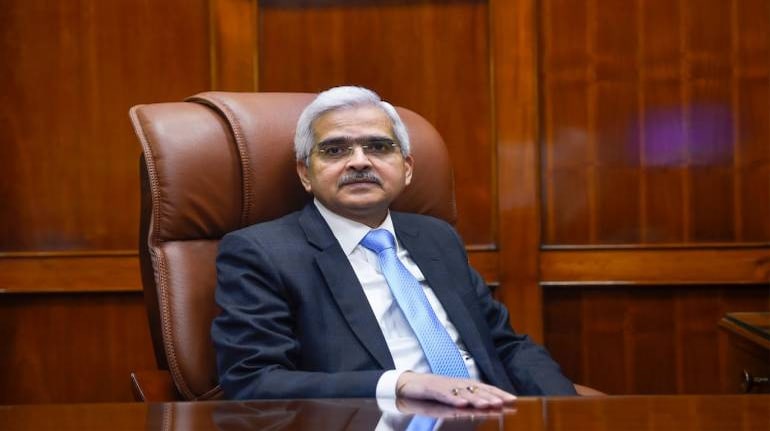



The language of the monetary policy committee (MPC) minutes of the March 27 meeting gives an eerie feeling to the reader. There is a sense of deep uncertainty among the MPC members on how the COVID-19 scenario is likely to pan out in the Indian economy. The comments by members are largely reflective of their hope, rather than fresh insights or policy suggestions. The inability of monetary policy to address the COVID-19 problem, beyond a point, is also evident.
One of the members, Michael Patra, described the situation as coronavirus’ ‘dance of death’ that will make the MPC assume high guard, ready to experiment and innovate. In the March 27 policy, the MPC fired from all cylinders delivering a significant 75 bps cut in repo rate, the rate at which banks get short-term money from the RBI. But not all members were of the opinion that there should be a 75 bps cut.
While all the six members of the monetary policy committee voted in favour of a rate cut, two members — Chetan Ghate and Pami Dua — voted for a 50 bps cut while all the remaining members voted for 75 bps, the minutes showed.
‘Dance of death’
Members highlighted concerns about the impact of COVID-19 on the Indian economy. In the words of Michael Patra, deputy governor of the RBI, the coronavirus’s danse macabre is taking a catastrophic toll on human lives and “in these challenging circumstances, monetary policy has to assume an avant garde role".
“The coronavirus’s danse macabre is taking a catastrophic toll on human lives. Economic dislocation is severe, and markets are in turmoil,” Patra said, adding, “in these challenging circumstances, monetary policy has to assume an avant garde role.”
The general mood of the RBI MPC members is pessimism about economic recovery. “The outlook is now heavily contingent upon the intensity, spread and duration of the pandemic. There is a rising probability that large parts of the global economy will slip into recession,” the MPC document said.
Why did Ghate, Dua seek 50 bps cut?
While all members wanted a rate cut, Gahte and Dua sought a smaller cut. Explaining his rationale, in his comments in the MPC minutes, Ghate quoted former US Fed Chairman Ben Bernanke to say that monetary policy has never proved able to reverse large shocks. “It only helps to mitigate the worse effects of shocks, and speeds up the recovery,” Ghate said, retaining his stance as accommodative.
Dua wanted the MPC to save some room for future policy action. “It may be better to conserve some policy space for later, when those binding constraints are removed and the economy will require a further boost to recover from the pandemic,” Dua said.
According to Dua, in the current scenario, with heightened uncertainty and a near-standstill in economic activity, this may not necessarily lead to an increase in borrowing, but should raise consumer confidence and investor sentiment, going forward.
All members touched up on the falling aggregate demand problems, low consumer confidence and heightened uncertainty prevailing in the Covid-hit economy. But there is a promise of a rate cut if things continue to worsen. Statement by RBI Governor Shaktikanta Das is worth noting in this context.
“Arresting risks to the growth outlook and preserving financial stability should, accordingly, receive the highest priority. Considering all these aspects, I vote for reducing the policy repo rate by a sizable 75 basis points and maintaining the accommodative stance as long as necessary to revive growth and mitigate the impact of COVID-19 on the economy, while ensuring that inflation remains within the target.”
Discover the latest Business News, Sensex, and Nifty updates. Obtain Personal Finance insights, tax queries, and expert opinions on Moneycontrol or download the Moneycontrol App to stay updated!
Find the best of Al News in one place, specially curated for you every weekend.
Stay on top of the latest tech trends and biggest startup news.